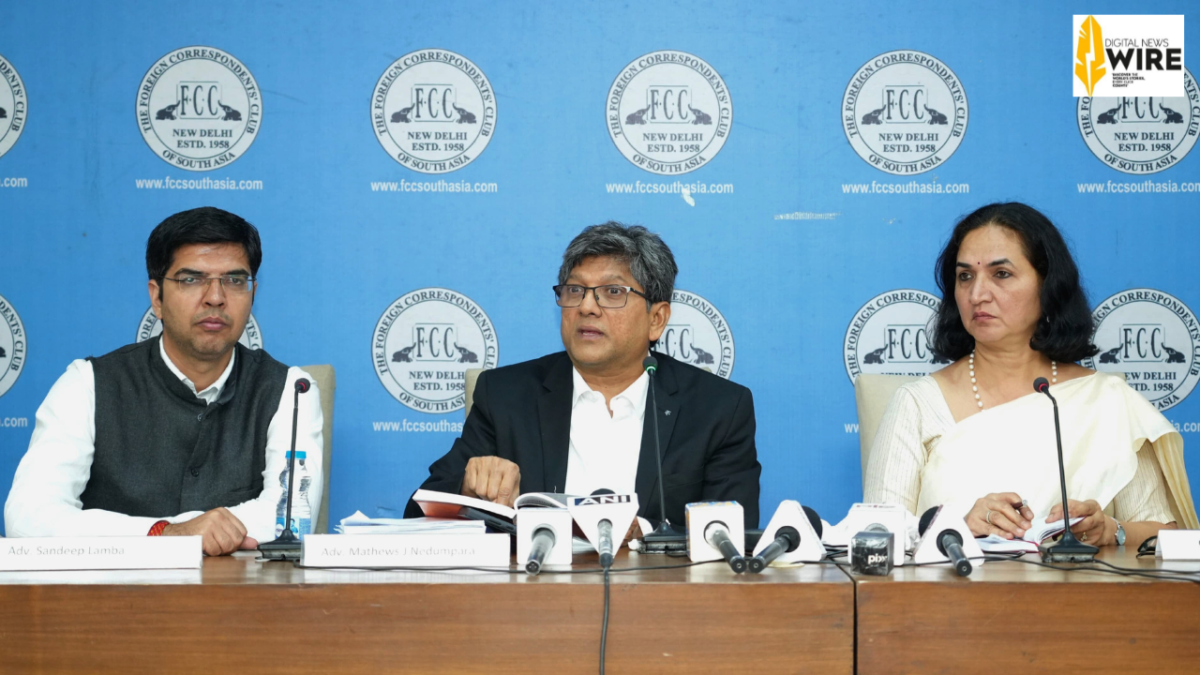New Delhi, The fundamental principle of justice states that no one is above the law, regardless of their position or status. However, recent events surrounding Justice Yashwant Verma in the so-called ‘Burnt Notes’ scandal have sparked intense debate over judicial accountability and transparency.
Despite the Indian Constitution ensuring equal protection under the law, a 1991 Supreme Court ruling in K. Veeraswami v. Union of India created an exception. The ruling mandates that no criminal case under Section 154 CrPC can be filed against a High Court or Supreme Court judge without prior consultation with the Chief Justice of India. Legal experts argue that this judgment contradicts India’s criminal procedure, which requires the police to file an FIR upon receiving information about a cognizable offense. This ruling has, in effect, created an exclusive shield for judges, raising questions about judicial integrity.
The ‘Burnt Notes’ Controversy and the Missing FIR
Justice Yashwant Verma’s alleged involvement in a financial scandal has once again highlighted these concerns. Despite reports of recovered cash and video footage showing burning currency notes, no FIR has been registered against him. Critics claim that the case is being suppressed, as initial reports of the recovered money are now being denied.
In a recent development, the Supreme Court released a report by the Delhi High Court Chief Justice along with Justice Verma’s clarification and video evidence of the burnt notes. While this move was seen as a step towards transparency, it has failed to answer key questions:
- Why was no FIR registered on March 14, the day of the incident?
- Why has there been no arrest or official seizure record of the recovered cash?
- Why did it take a week for the information to reach the public?
- If the Home Ministry and other agencies had access to the footage, why did the Supreme Court and its collegium delay making the case public?
- Why did the Fire Department initially deny finding cash and later change its statement?
Justice Verma’s Defense and Lingering Doubts
Justice Verma has denied any involvement, stating that he has no knowledge of the money in question. However, if that is the case, why didn’t he immediately report the matter to the police? Why hasn’t he filed an FIR for an alleged conspiracy against him? Furthermore, why did he fail to inform the Chief Justice of Delhi High Court or the Chief Justice of India?
Legal analysts suggest that the case may be linked to illicit funds acquired through corruption. Even if Justice Verma’s explanation is taken at face value, the absence of an FIR only fuels further suspicion. Experts argue that an independent investigation is necessary to uncover the full scope of the case.
Judiciary’s Response and Public Outrage
The Supreme Court collegium has announced an internal inquiry but has not recommended registering an FIR. This move has been met with criticism, as it is seen as damaging to both judicial credibility and public trust. If Justice Verma’s claims are true, a transparent investigation would be in his best interest.
Legal professionals and concerned citizens are calling for stricter accountability. If found guilty, Justice Verma should face criminal prosecution rather than just impeachment. The rule of law must prevail, ensuring that no individual, including members of the judiciary, is above justice.




